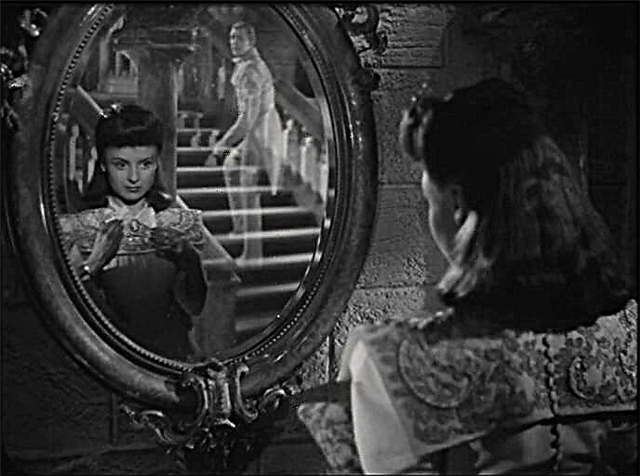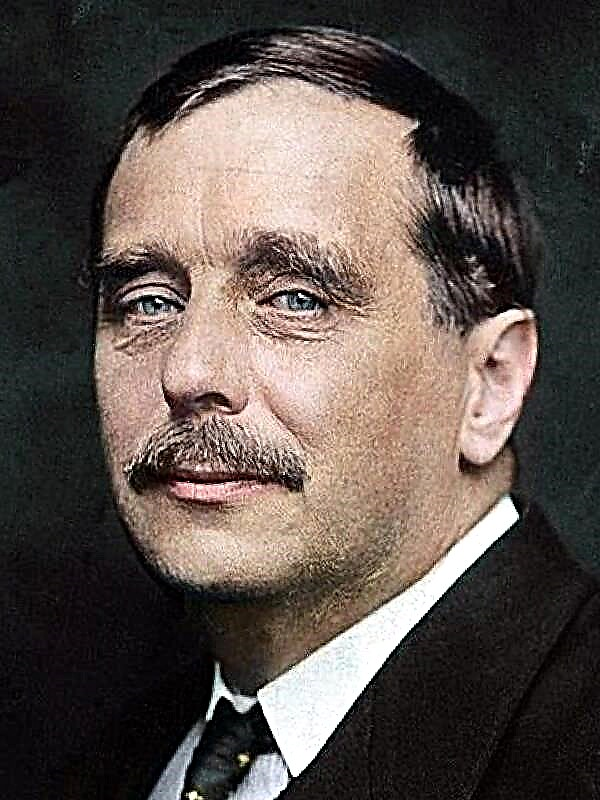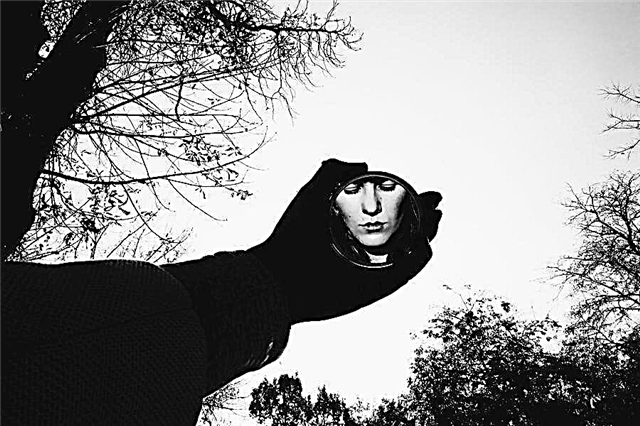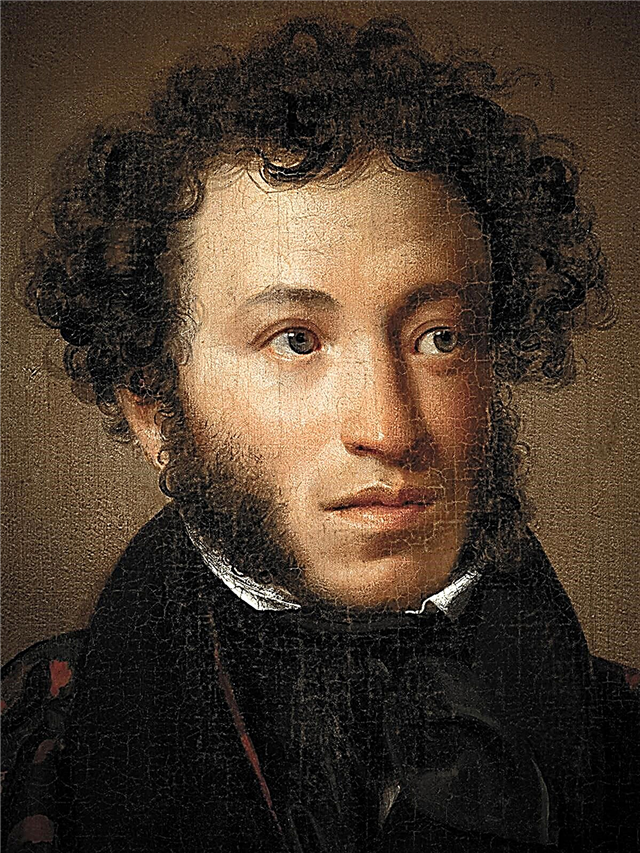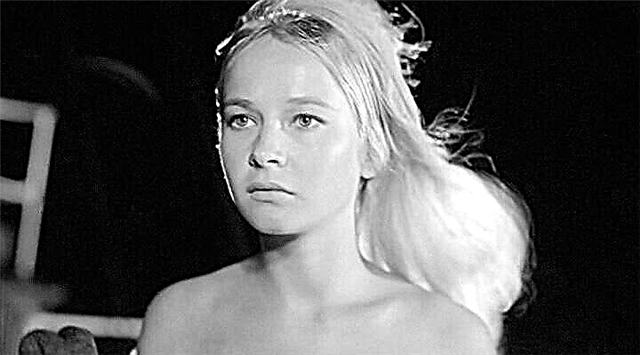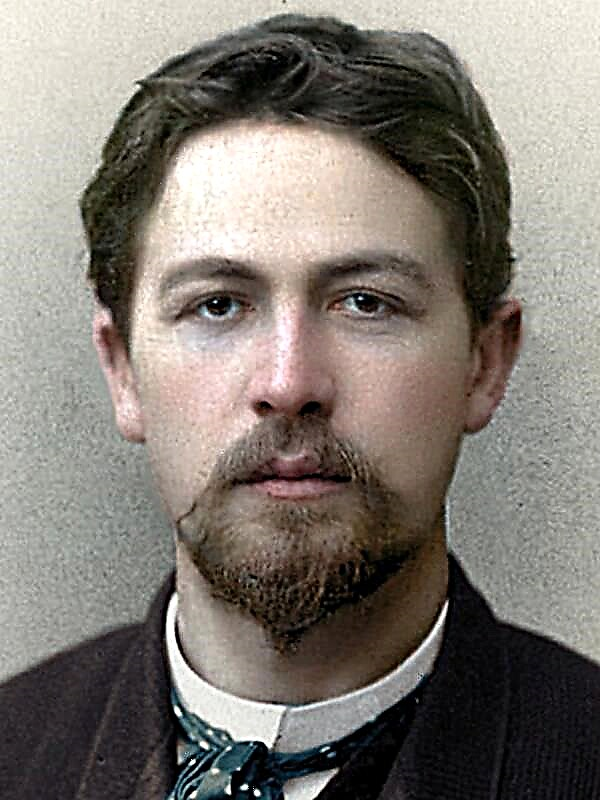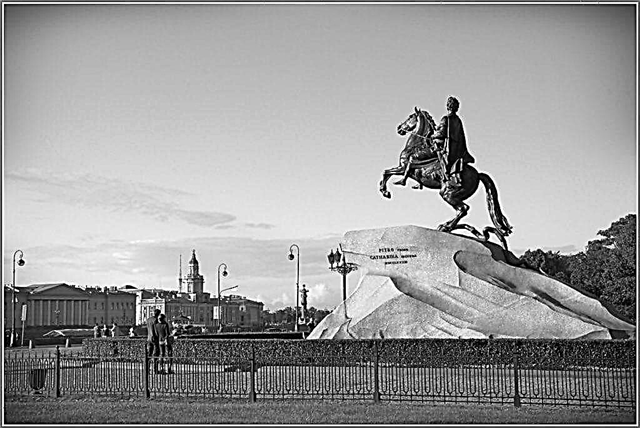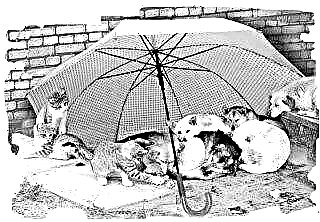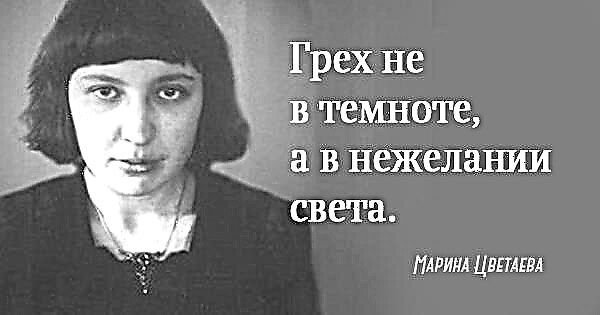“To write a story of your life, you must first live this life, so I’m not writing about myself” - these are the opening words of the author, who planned to recover from his “monstrous moral illness”, a disease of the century that struck his contemporaries after the Revolution of 1793 and defeat Napoleonic army in 1814. For the sons of the Empire and the grandchildren of the Revolution, the past disappeared, "they had only the present, the spirit of the century, the twilight angel - the gap between night and day." The faith in divine and human power has disappeared, the life of society has become colorless and insignificant, the greatest hypocrisy reigned in morals, and young people, doomed to inaction, idleness and boredom, gripped disappointment and a sense of hopelessness. Despair has replaced despair.
This affliction overtakes the author of the story and his main character, the true son of the century, nineteen-year-old Octave de T., a young man of proud and direct, full of bright hopes and heartfelt impulses. During a sumptuous dinner after a masquerade, bending down to raise a fork under the table, he sees that his lover's shoe rests on the shoe of one of his closest friends. Having taken lawyer Dejeune in seconds, Octav challenges the opponent to a duel, gets slightly injured, gets sick with a fever and soon once again becomes convinced of the treachery of his beloved, who played a false repentance before him.
Deprived of his position in society and not having specific occupations, but used to spending time in idleness and love, Octavus is confused, does not know how to live on. One of the gloomy autumn evenings, the lawyer Dejeune, a man who does not believe in anything and is not afraid of anything, shares his life credo with him: “Love does not exist, perfection does not exist, take from love what a sober person takes from wine. .. "
Having met one of the friends of his former lover, abandoned by his beloved, he sincerely empathizes with her, but again encounters monstrous shamelessness when she tries to seduce him. “There is nothing true except for debauchery, depravity and hypocrisy,” Octav assures himself, trying to completely change his lifestyle: to go for out-of-town walks, hunt, and fencing. But hopeless sadness does not leave him. He often spends nights under the windows of his former lover; Having met a drunk one day, he tries to quench his sadness with wine and, having gone to the vegetable marrow, he meets a street woman there. He is struck by the resemblance of the latter to his former lover, and, having decorated his room as for a love date, Octave brings a prostitute there. “Here is human happiness, here is the corpse of love,” he thinks.
The next morning, Degenes and his friends inform Octave that his lover had three lovers at the same time, which is known to all of Paris. She mockingly tells outsiders that Octave still loves her and spends time at her door. So Dejene is trying to heal Octave from a love affliction. The insulted Octave shows his friends a prostitute and promises them never to part with them again. From now on, he burns his life at masquerade balls, in carousers and gambling houses.
The hospitable Degen collects youth in his country house, including the Octave. One night, a half-naked woman enters the room to Octave and hands him a note: "Octave from his friend Dejene with the condition to repay the same." Octave understands that the lesson of a friend sending him his mistress is to never fall in love.
Returning to Paris, Octave spends the winter in amusement and gains a reputation as an avid libertine, a man of insensitive and callous. At this time, two women appear in his life. One of them is a young poor seamstress who soon abandons Octave. The other is Marco, an Italian theater dancer, whom Octave met at a ball and that evening reads a letter in her bedroom announcing the death of her mother.
Suddenly, a servant informs Octave that his own father is near death. Arriving in a village near Paris where his father lived, Octavus finds him dead. “Goodbye my son, I love you and die,” Octave reads his father’s last words in his diary. Octave settles in a village with a devoted servant Lariv. In a state of moral devastation and indifference to everything in the world, he gets acquainted with the papers of his father, "a true righteous man without fear and reproach." Having learned from the diary the father's daily routine, he is going to follow it to the smallest detail.
Once, on an evening walk, Octave meets a young, simply dressed woman. He learns from Lariva that this is Ms. Pearson, a widow. In the village, her name is Brigitte Rosa. She lives with her aunt in a small house, leads a secluded lifestyle and is known for her charity. Octave meets her at the farm, where she cares for a sick woman, and escorts her home. Ms. Pearson impresses with his education, intelligence and vitality. However, he also notices the seal of secret suffering on her face. For three months, Octave sees Ms. Pearson daily, realizes that she loves her, but respect for her does not allow him to open. Once one night in Brigitte’s garden, he nevertheless confesses her love. The next day, Octave gets a fever, receives a letter from Brigitte asking him not to meet with her again, and then finds out that she left for relatives in the city of N. Probolev for a whole week, Octave was about to fulfill Brigitte’s request, but soon sent directly to N. Having met there with Brigitte, he again tells her about his love. Soon he manages to restore the good relations of good neighbors with her. But both feel that Octave's love stands between them.
Priest Mercanson appears in the Octave House with news of Brigitte's disease. In alarm, Octave is trying to get an answer regarding the true cause of this visit and the apparently imaginary illness. It follows from Brigitte's letter that she fears gossip. Octave is deeply suffering. During one of the horseback rides with Brigitta, he finally proceeds to a decisive explanation and receives a kiss in response.
Soon, Octave becomes Ms. Pearson's lover, but a change is taking place in his soul. He feels the symptoms of unhappiness, like a disease; Remembering the suffering suffered, the treachery of the former lover, the former depraved environment, his contempt for love and disappointment, he invents false reasons for jealousy. He is seized by a state of inactivity, he either poisons happy moments of love with ironic jokes, or indulges in sincere repentance. The Octave is in the grip of the evil elements: insane jealousy pouring out in reproaches and ridicule, and an unbridled desire to learn the most precious thing. Brigitte does not blame Octave for the suffering she inflicts and tells him the story of her life. She was dishonored by her fiancé, and then fled abroad with another woman. Brigitte has sworn since that her suffering should not be repeated, but she forgot about the oath when she met Octave.
In the village, rumors begin that Brigitte ruined herself by connecting life with a cruel and dangerous person. She is referred to as a woman who has ceased to reckon with public opinion, which a deserved punishment awaits in the future. Gossip is spread by Priest Mercanson. But Octave and Brigitte decide not to pay attention to the opinion of the world.
Aunt Brigitte dies. Brigitte burns an old wreath of roses stored in a small chapel. He symbolized Brigitte-Rosa herself, who is no longer there. Octave again tormented Brigitte with suspicions, she tolerates his scornful remarks and insults, alternating with frenzied delights of love.
One day, Octave stumbles in her room on a notebook with the inscription "My will". Brigitte, without bitterness and anger, talks about the suffering suffered from the moment she met Octave, about her feeling of loneliness and her desire to commit suicide by taking poison. Octave decides to leave immediately: however, they travel together to say goodbye to the past forever.
Beloved come to Paris, dreaming of going on a long journey. At the thought of an imminent departure, their quarrels and disappointments cease. Once they were visited by a young man who brings Brigitte letters from the city of N. from his only surviving relatives. At a time when everything is ready to leave for Switzerland, Brigitte is crying, but stubbornly remains silent. Octave is lost in conjecture about the reasons for the unexpected change in her mood. In the theater, he accidentally meets a young man who brought Brigitte letters, but he deliberately avoids conversation. Reluctantly, Brigitte shows Octave one of the letters in which relatives, who consider her forever disgraced, urge her to return home.
Octave is looking for a young man who delivered letters to Brigitte. His name is Smith, he is a musician who abandoned his career and marriage for love in order to support his mother and sister in an insignificant position. The Octave is the same age as Smith, but there is a huge difference between them: the entire existence of the latter is calculated in accordance with the measured battle of the clock, and his thoughts are concern for the good of his neighbor. Smith becomes a frequent guest in the house of Octave and Brigitte and promises to prevent her scandalous break with relatives. Painted suspicions leave the Octave. Nothing delays his departure with Brigitte anymore, but some kind of perverse curiosity, a manifestation of a fatal instinct prevents him: he leaves Brigitte alone with Smith, guessing some secret. To learn it, Octave conducts an experiment: prepares horses for departure and suddenly informs Brigitte about it. She agrees to ride, but cannot hide her longing. Between them there is a stormy explanation. To the reproaches and suspicions of Octave, who wants to reveal her secret, Brigitte replies that she is ready to die rather than part with him, but no longer able to bear the fury of the madman pushing her to the grave. Exhausted, Brigitte falls asleep, and Octave realizes that the evil caused by him is irreparable, that he should leave his beloved, give her rest.
At the bedside of the sleeping Brigitte, Octave indulges in sad thoughts: to do evil - this is the role intended for him by providence. The idea of suicide that arose was soon replaced by the idea that Brigitte would soon belong to another. Octave is ready to kill Brigitte, brings a knife to her chest, but he is stopped by a small ebony crucifix. Suddenly he experiences deep remorse and mentally returns to God. “Lord, you were here. You saved an atheist from crime. We are suffering, too, and only in the crown of thorns do we come to bow to your image, ”Octav thinks. On Brigitte's desk, he finds her farewell letter to Smith with a declaration of love. The next day, Octave and Brigitte say goodbye forever. Octave entrusts her to Smith and leaves Paris forever. Of the three people who suffered through his fault, only he remained unhappy.


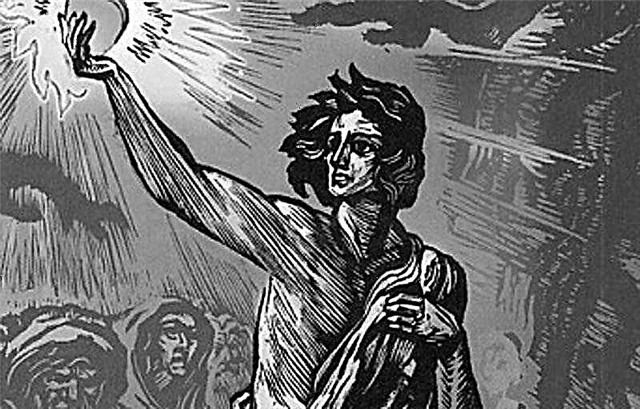
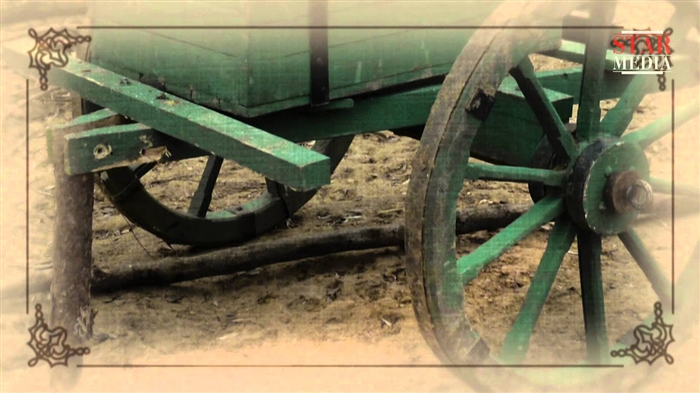 Roslavlev
Roslavlev